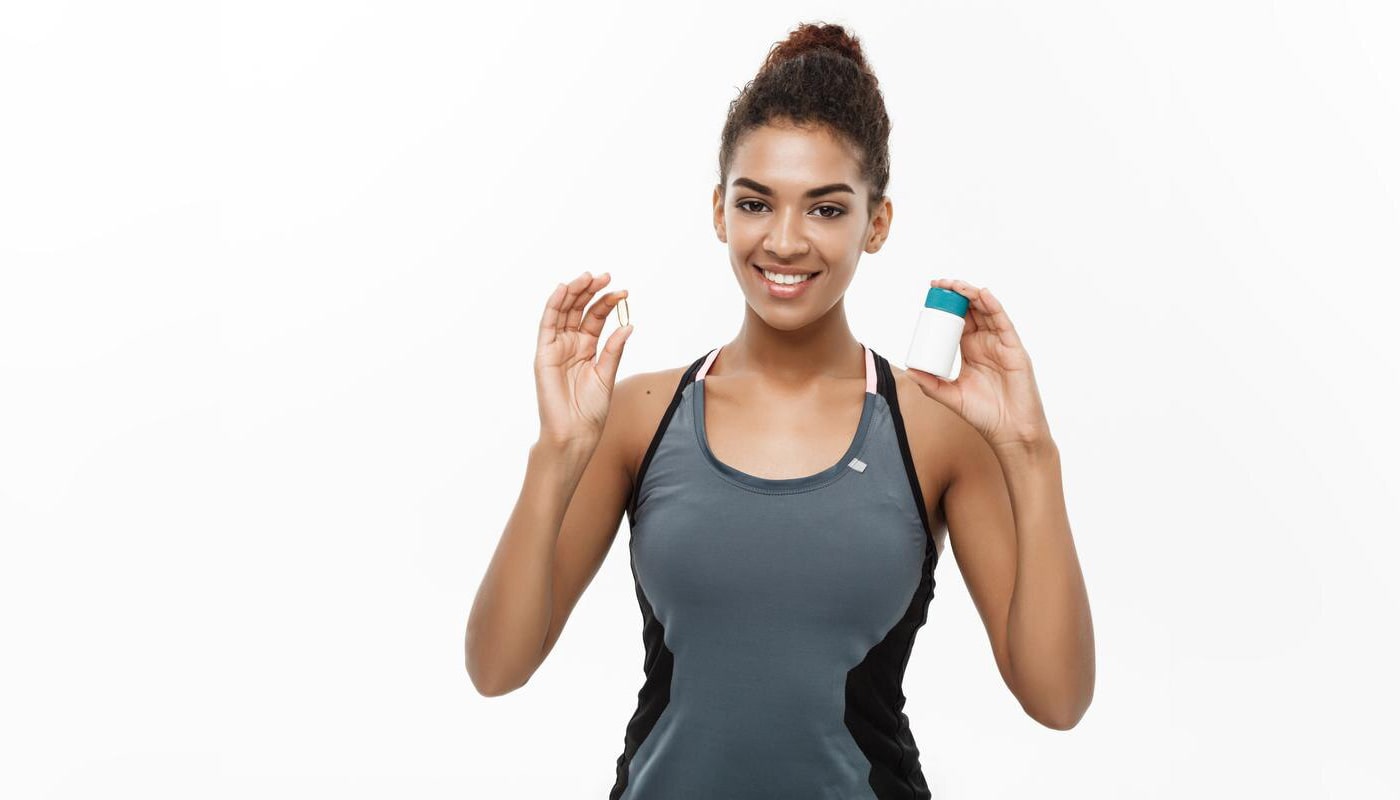
Biotin Vitamin, also known as vitamin B7 or vitamin H, is a water-soluble vitamin that belongs to the B-complex group. It is often referred to as the “beauty vitamin” due to its role in promoting healthy hair, skin, and nails. Beyond its cosmetic benefits, biotin plays a critical role in various physiological processes in the body.
In this comprehensive guide, we will delve into the significance of biotin, exploring its benefits, sources, potential side effects, and the importance of maintaining optimal biotin levels for overall health and beauty.
Biotin is essential for the metabolism of carbohydrates, fats, and amino acids. It acts as a cofactor for several enzymes involved in these metabolic pathways, helping to convert nutrients from food into energy and building blocks for essential molecules in the body. Biotin also plays a vital role in gene expression and cell signaling processes.
One of the key functions of biotin is its involvement in the synthesis of keratin, a structural protein found in hair, skin, and nails. This is why biotin is often associated with promoting healthy hair growth, improving skin health, and strengthening nails.
Biotin is well-known for its positive impact on hair health. It is involved in the production of keratin, the protein that makes up the structure of hair strands. Adequate biotin levels can help improve hair texture, promote hair growth, and reduce the risk of hair thinning and loss.
Biotin contributes to the maintenance of healthy skin by supporting the production of fatty acids necessary for skin barrier function. It can help alleviate certain skin conditions like dryness, redness, and itchiness, promoting a more radiant and supple complexion.
Biotin plays a role in strengthening nails, reducing brittleness, and preventing nail breakage. Supplementing with biotin may improve nail health, making them less prone to chipping and peeling.
As a cofactor for enzymes involved in energy metabolism, biotin helps convert carbohydrates, fats, and proteins from the diet into usable energy for the body. It contributes to overall energy levels and supports the body’s energy production processes.
Biotin supports the absorption of certain nutrients in the gut, contributing to better nutrient utilization and overall health.
Biotin is found in various foods, and the body can also produce small amounts through gut bacteria. Foods rich in biotin include:
While biotin deficiency is rare, certain factors can increase the risk, such as malnutrition, certain medical conditions, and long-term use of certain medications. Additionally, biotin requirements may increase during pregnancy, lactation, and periods of rapid growth, making it important to ensure sufficient intake through a balanced diet or supplements when necessary.
Biotin supplements are available in various forms, including capsules, tablets, and gummies. They are widely accessible and can be found in various strengths, often ranging from 500 micrograms (mcg) to 10,000 mcg per serving.
The recommended daily intake of biotin for adults is typically around 30 to 100 micrograms (mcg) per day. However, higher doses are often used for specific purposes, such as promoting hair growth and nail health. It’s essential to follow the dosage recommendations provided by the manufacturer or as advised by a healthcare professional, as excessive biotin intake may lead to potential side effects.
Biotin is considered safe when taken within recommended dosages. However, some individuals may experience side effects at higher doses, including:
Biotin, the “beauty vitamin,” plays a crucial role in promoting healthy hair, skin, and nails, making it a popular choice for those seeking to enhance their cosmetic appearance. However, its importance goes beyond beauty, as biotin is involved in energy metabolism, nutrient absorption, and other vital physiological processes in the body.
While biotin deficiency is uncommon, ensuring sufficient intake through a balanced diet or supplements can offer additional benefits, especially for individuals with specific health concerns or dietary restrictions. Remember to choose reputable biotin supplements, follow recommended dosages, and consult with a healthcare professional if you have any questions or concerns.
Embrace the power of biotin and let it support your overall well-being, inside and out. Nourish your body with biotin-rich foods and, if necessary, complement your diet with biotin supplements for a radiant appearance and optimal health. Always prioritize a holistic approach to health, combining a balanced diet, regular physical activity, and a mindful lifestyle for long-lasting beauty and vitality.
© 2023 All rights reserved. | Design by Maple Web Design
© 2023 All rights reserved.
Design by Maple Web Design
One Response
I am not sure where you’re getting your info, but good
topic. I needs to spend some time learning more or understanding more.
Thanks for magnificent information I was looking for this information for my mission.